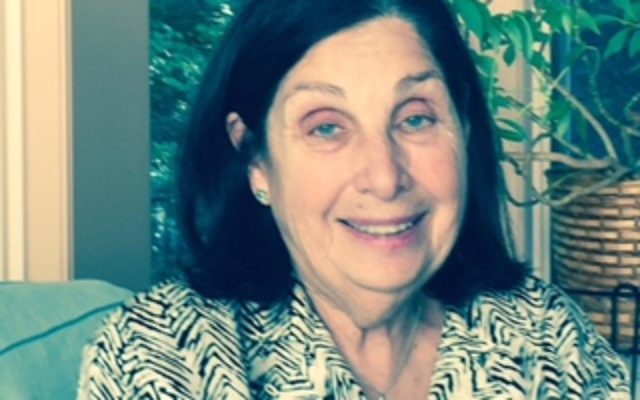Global Challenges Await New President
By Gail K. Ripans
One week before the election, Reginald Vachon briefed my class at Senior University on the many global challenges the new president will encounter.
An engineer, lawyer and global business executive with military experience and involvement with nuclear energy and proliferation issues, Vachon began with the Middle East.
He explained the competition within Islam between Sunnis, led by Saudi Arabia, who comprise about 87 percent, and Shia, led by Iran, who are about 11 percent, which began over the succession after the death of Mohammed. This struggle is playing out with bloody conflicts in Syria and Iraq involving Islamic State and its Sunni allies; the Shia, who are the majority in Iraq; and the minority Alawite sect, led by Bashar al-Assad, in Syria.
Russia and the United States are embroiled in these battles, as are the Kurds, who live where much of the oil is located.
Vachon pointed out that Iran is using proxies to dominate the Middle East. He described the role of the Houthis in Yemen, who are backed by Iran in the overthrow of a government favored by the Saudis and Americans. Now the Houthis are firing missiles at American ships in the Red Sea, a dangerous development because the world relies on oil from the region. That includes the United States, which is not energy-independent.
The Iran nuclear agreement was a mistake, Vachon said. Iran has not tempered its aggressive behavior since reaching the deal in July 2015.
Russia is heavily involved in the Syrian civil war, supporting the Assad regime alongside Iran. One consequence is the mass migration of refugees to Europe, even though many Muslim countries, especially Saudi Arabia and the Gulf states, have the resources to take them but refuse. (Turkey and Jordan are exceptions that are housing refugees.) Vachon mentioned 100,000 empty, air-conditioned tents in Saudi Arabia that are used during the annual pilgrimage to Mecca known as the haj.
Vachon said some terrorists are embedded among the refugees to gain access to the West. He also said Islamic State has money from the oil fields it has captured and is sponsoring fighters in 32 countries.
Not only is Israel surrounded by this instability, but it also is the victim of attacks by Hamas and Hezbollah. In addition, UNESCO recently passed another hostile resolution challenging the identity of the Jewish Temple in Jerusalem.
China also poses a challenge as it is building artificial islands in the South China Sea to secure the resources there and dominate the sea lanes.
The United States needs to rebuild its military, which is depleted with too few ships, especially while facing a resurgent Russia. But a military buildup will be difficult, given the enormous federal debt of almost $20 trillion. The U.S. debt to China alone is over $1 trillion.
We need to secure our borders and renegotiate our trade deals, Vachon said.
Securing the border with Mexico would help the control of the influx of people from non-Latino countries who may be terrorists and might curtail the drug traffic.
The market for drugs in the United States must be reduced because drug trafficking supports cartels that terrorize Mexicans. Drug use in the United States now exceeds the use of tobacco and is detrimental to society.
It behooves all of us to support our next president, who must tackle these mounting challenges on behalf of Americans.





comments